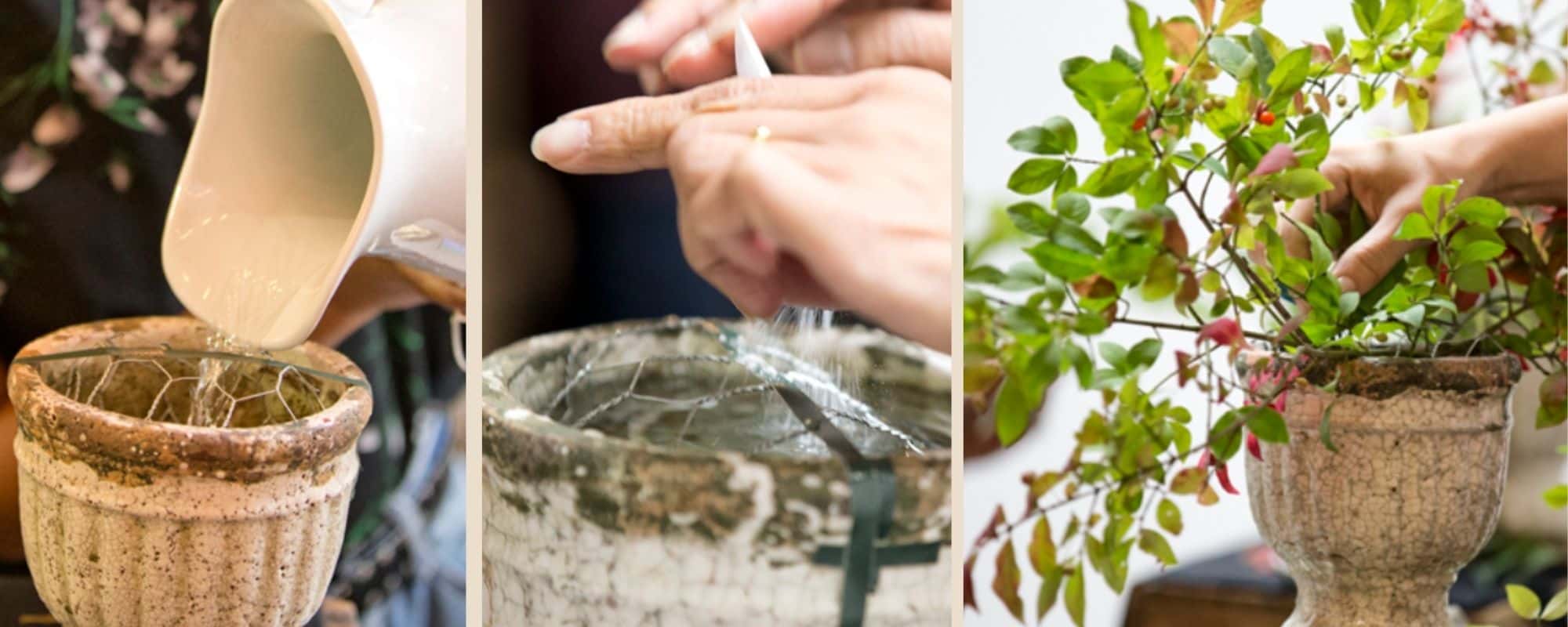Concerns surrounding global warming are growing as the effects on our planet become more and more noticeable.
Despite this, waste is increasing yearly and causing severe pollution in our environment - according to government statistics, the UK produced around 37.9 million tonnes of commercial waste in 2019 alone.
To help reduce the carbon footprint of commercial waste, many businesses have adopted waste management practices that aim to improve recycling efforts and minimise waste.
Effective waste management practices can help businesses save money, reduce harmful emissions, and meet their green energy targets.
Below, we’re going to explore the different waste management processes that small businesses and independent retailers have adopted:
Setting up a recycling scheme
The first step to effective waste management is to create a recycling scheme that enables waste to be disposed of in a way that is responsible and sustainable.
The environmental benefits of recycling are well-known, yet a recent study found that the majority of UK companies don’t have a recycling policy in place.
A recycling policy allows businesses to review their environmental impact and identify ways to make their operations as sustainable as possible.
As part of a recycling scheme, companies must identify what items can be recycled within their business.
Fortunately, most common workplace items - including plastic, cardboard, glass, printer cartridges, and electrical equipment - can now be recycled.
Once businesses are aware of what they can recycle, they need to determine how their waste will be stored and transported to recycling facilities.
Many small and independent retailed choose to enter into a contract with a waste management company.
These companies will typically collect waste from your business premises, then transport it to local recycling facilities, thus providing a convenient method of green waste disposal.
Enforcing recycling policies
For a recycling scheme to be effective, businesses must communicate green policies with their employees and educate them on the importance of adopting sustainable practices in the workplace.
Employees play a crucial role in the success of business recycling schemes. For instance, if employees fail to properly separate items before placing them in recycling bins, then this could result in a whole batch of items being sent to landfill instead of being recycled.
It is, therefore, essential that businesses get their staff on board with their recycling efforts and create a green culture in the workplace.
Employers can help simplify the recycling process by storing recycling bins close to where the waste is produced and putting up signs reminding employees of the recycling policies.
Companies can also invest in equipment like balers to save both time and money.
Balers are innovative machines that compress recyclable materials like cardboard, paper, and plastic compactly. This allows these items to be stored and transported efficiently and means that employees don’t need to spend time manually flattening cardboard boxes.
Minimising waste
Another key way that small and independent retailers are reducing the carbon footprint of commercial waste, is by reducing the amount of waste produced in the first place.
In particular, many companies going paperless to minimise waste.
Switching to digital processes is now quick, easy, and is a highly effective way for businesses to reduce their carbon footprint.
In addition to the environmental benefits, going paperless can also save companies significant amounts of money on office supplies and ensure that valuable data is stored securely.
Some companies are further reducing their environmental impact by minimising packaging or eliminating it completely.
Fortunately, there are many simple ways for businesses to reduce waste and minimise environmental harm - here are a few ideas:
Complete a waste management audit to assess what waste is being produced.
This helps businesses identify ways to reduce waste and avoid unnecessary waste i.e. duplicate invoices and documents.
Reduce packaging and try to reuse materials like boxes and wrapping whenever possible. Also, opt for packaging that can be recycled easily.
Purchase products that can be reused or recycled and avoid anything disposable. For example, companies should buy refillable pens and encourage staff to avoid using plastic water bottles.
Supporting Local Economies
There are many advantages to shopping at small and independent retailers, the main being that they give back to the local economy – according to Small Business, '£10 spent at a local independent shop means up to an additional £50 goes back into the local economy.’
This is due to the fact money is circulated more this way, as what you gave spent in an independent business is then often spent in restaurants and other local amenities.
By helping your community grow, you are contributing towards a healthier economy.
The most important reason why independent retailers benefit the economy is because usually, independent retailers startup because they would like the ability to make a difference.
Many small businesses today support disadvantage areas and sustainability – research shows that 66% of independent and small businesses give to local charities.
This suggests that independent retailers are fighting for causes that affect our planet – including climate change and waste production.
Final thoughts
Adopting effective waste management policies offers many benefits to businesses.
This includes reducing harmful emissions and helping companies to reach their environmental targets.
Many small and independent retailers are taking advantage of green practices as a way to save money and gain a competitive edge in the modern business world.
Consumers are increasingly becoming eco-conscious and searching for ways to reduce their carbon footprint by supporting green, sustainable businesses.
All companies should be taking responsibility for their waste by adopting green waste management policies like those discussed above.















